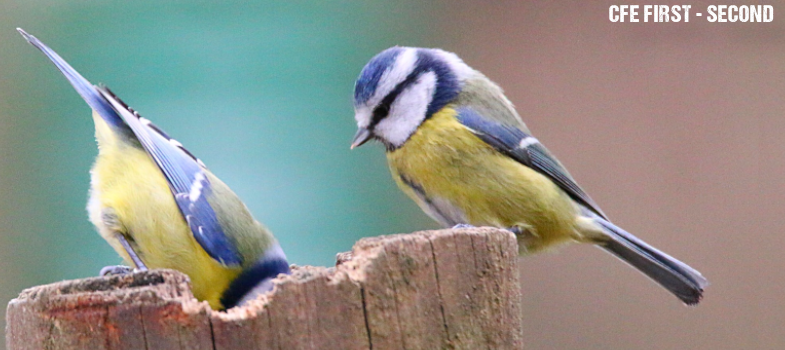Caring for birds and the environment
Birds are important for our environment. They are an important animal in our ecosystems and we rely on them for a lot of things.
Why care about birds anyway?
One of their most important benefits is that they help to make our landscapes greener! Birds can fly for miles and disperse seeds farther than a pinecone can travel. Birds eat seeds then poop them out! Not only trees, though. Bird poop contain important nutrients for soil and plants, too!
Do you know why trees are so important to our environment?
(click here to reveal)
Trees store carbon, which helps keep our air pure and clean. Certain trees also provide us with food or building materials.
Plants may struggle to grow if there are too many insects eating the seeds or crops. Birds balance out the insect population to help fields grow! Without them, farmers use chemical pesticides to kill or deter bugs - which also damages the soil and nearby rivers.
Can't birds just live in forests?
Natural forests have declined in Scotland over thousands of years. Birds need abundant, rich ecosystems to be able to nest, protect themselves from predators, and feed their babies. By installing bird boxes you are helping local bird populations.
With the Highland Perthshire Primary Schools Birdbox Project, you and your school will have received ten bird boxes to go up in a place of your choosing. Great work! These will give an excellent home for many small birds.
We've put up our boxes, now what?
To keep these boxes safe for future birds, we must take care of them. Many birds carry fleas, mites and other parasites which we will need to clean out.
Once the breeding season is over and birds have stopped using the boxes, we must remove the sticks, twigs and grass from the box.
Why do we clean bird boxes?
(click here to reveal)
To stop disease spreading and to prevent parasites from infecting baby birds. Future birds would then avoid our box, too.
After that, boil a kettle and pour the boiling water all over and inside the bird box. This will kill any nasty parasites. We don’t need any sprays or cleaning products.
Should we clear out nests from trees and bushes too?
(click here to reveal)
No, only clear out nests in bird boxes.
What if there are eggs inside?
If unhatched eggs are inside, we must not disturb them at certain times in the year.
It is illegal to remove bird eggs from nests during breeding season. We can only remove them from August 1st to January 31st. You cannot keep them.

What other things in our garden or playground might we need to clean?
(click here to reveal)
Not only bird boxes, but we also need to clean bird tables or baths and bird feeders. Remember to wear gloves, use warm soapy water, and then wash your hands!
It is normal to find unhatched eggs. Birds lay many eggs expecting a couple to not hatch. After cleaning, let the boxes dry in the sun.
What happens in winter when no one is using the box?
The boxes do not have to be empty for the winter. We can put in some wood shavings and other materials to allow insects or small mammals to rest inside. Bees, wasps and butterflies may make it their home.
During the breeding season we do not want mammals or bigger birds to come into the bird boxes. Squirrels, cats, and even crows, may hunt small birds.
What does hibernating mean?
(click here to reveal)
Hibernating is when an animal sleeps or rests throughout the winter. Cold weather and lack of food means they need to conserve energy.
Make sure the hole in the box is small enough and that there is no perch for big birds to stand on. Putting spiky branches below bird boxes on the ground may deter cats.





